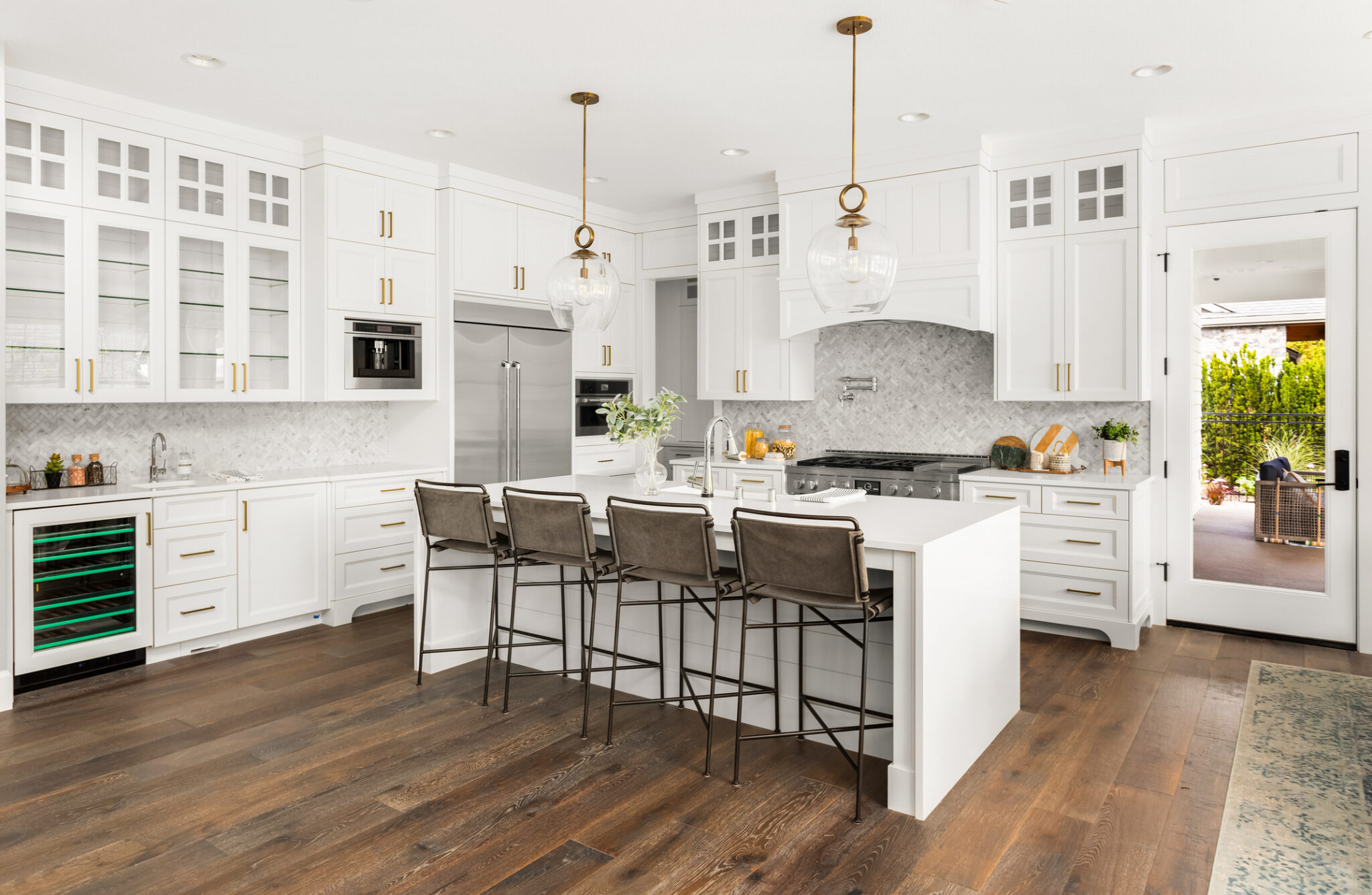Short-term and vacation rental property managers alike know that the safety and attractiveness of their units are two factors of the utmost importance. And from time to time, keeping up with them may necessitate upgrades and renovations to properties.
However, one aspect that may elude property managers is home insurance after renovations are done. Changes or additions of certain features may introduce new areas of liability for the property managers, especially if those alterations are not strictly required. As such, certain renovations may result in the need to broaden coverage, usually resulting in higher premiums.
At the same time, though, other renovations could enhance home security and guest safety, which may lessen the perceived risk of the short-term rental. That, in turn, can lead to rate drops or discounts on home insurance.
With all of the above in mind, Safely invites you to read on and take a closer look at renovations and home insurance. You’ll discover which upgrades or remodeling efforts could raise your liability, which upgrades could result in lower premiums, and how rental property managers should administer renovations concerning their insurance.
Renovations That May Increase Home Insurance Liability
Nearly any optional renovation that opens up new risks is subject to broader insurance coverage. That’s a key point for short-term rental property managers to consider, as staying competitive in the vacation rental marketplace may drive them to enhance their offerings. While the upgrades may pay off down the line, they could put strain on their liability coverage.
On that note, below are some renovations that may require additional insurance or incur higher premium payments:
Installing a Swimming Pool
The most obvious addition that will increase property risks is the installation of a swimming pool. Insurers believe that, while nice to have, a pool causes the risk of hazard, drowning, or injury to skyrocket, especially when young children are involved. Installing a diving board or water slide introduces a whole new set of risks on top of that.
In response, agencies and local codes may require managers to either enclose their swimming pools within a chain-link fence of a certain height or place a locking safety cover on the water. And beyond safety concerns, there’s also the burden of pool maintenance that must be addressed to meet sanitary standards.
Upgrading Kitchens and Bathrooms
Kitchens and bathrooms account for around 80% of all home renovations. New appliances, remodeled countertops, or complete layout redesigns can boost a property’s market value and amenities’ worth. But with more value at risk, higher liability and insurance premiums may follow.
If any part of your property’s kitchen or bathroom is destroyed by a guest (either accidentally or intentionally), higher-valued items may elicit higher insurance payouts, meaning increased premium payments to cover the replacement of these items.
Adding an Extension
Any renovation effort that adds square footage to an insurable property will likely increase its value, be it a new deck, a bigger garage, or a new room. However, just as with kitchen and bathroom upgrades, any renovation that raises property value will probably drive up premiums in turn, so you may need to change your policy limits to ensure the extension is covered.
Other Renovations That Can Hike Up Liability and Premiums
A few more renovations that could drive insurance rates higher include the following:
- Adding a fireplace or fire pit
- Covering a basement or garage to liveable space
- Removing load-bearing structures
- Installing a jacuzzi
- Solar panel installation and conversion
About that last point, you could be offered incentives to convert to solar energy, which could offset higher premium costs. And in general, greater energy efficiency can benefit renovations and home insurance coverage.
Renovations That May Lower Insurance Risks and Premiums
Although nothing is guaranteed, some remodeling efforts could, in fact, reverse premiums for home insurance after renovations, saving vacation rental managers a few dollars.
These are just a few of them:
Roof Rebuilding or Replacement
Considering that many short-term rentals are located in areas prone to hurricanes or high winds, proper roof maintenance is essential. As such, upgrading or replacing the roof on a vacation rental property makes it more capable of withstanding natural disasters.
Most home liability policies cover roof replacements, although some ages may limit coverage according to a depreciation schedule. Generally speaking, though, a newer roof opens up more coverage from your insurer.
Upgrading Plumbing and Wiring
Municipalities have building codes that require homeowners to keep current with the latest plumbing and wiring standards. These are especially pertinent to properties with lead or polybutylene plumbing, the former being illegal in the United States in any scenario.
Additionally, upgrading writing can lessen the risk of electrical damage and fires, which may encourage insurers to lower property managers’ premiums. You may also want to upgrade a property’s breaker panels and electric system so they can bear the energy load of modern appliances made with new technology.
Adding or Improving Security and Safety Features
The deeper a short-term rental property manager goes with their security features, the better the chance that an insurer may offer them discounts on premiums.
Installing an alarm that contacts the manager in case of a break-in, for instance, may encourage the agent to set a discount. Installing one that contacts local authorities in case of burglary or fire may spin off deeper discounts.
Additionally, building a security system that makes liberal use of smart technology can also work to bring your premiums down. Even installing a sprinkler system to protect against fire damage can net you a discount.
Managing Home Insurance After Renovations
When planning for renovations, short-term rental property owners should follow these basic rules:
- Communicate directly with your insurance agent to inform them of your renovation plans and their scope
- Document everything involved in remodeling, including permits, receipts for tools and materials, contractor agreements, and other relevant items
- Take before-and-after photos of your property as backup
- Review your policy’s coverage limits from time to time
While home insurance after renovations can put a dent in a vacation rental property manager’s wallet, they may be able to find ways to lessen that risk and keep their premiums under control.
Safely: Short-Term Rental Property Managers’ Go-To for Insurance
Safely helps short-term and vacation rental property managers secure the correct insurance for their units. For more information about what we offer, get in touch with our agents through our online form today.







